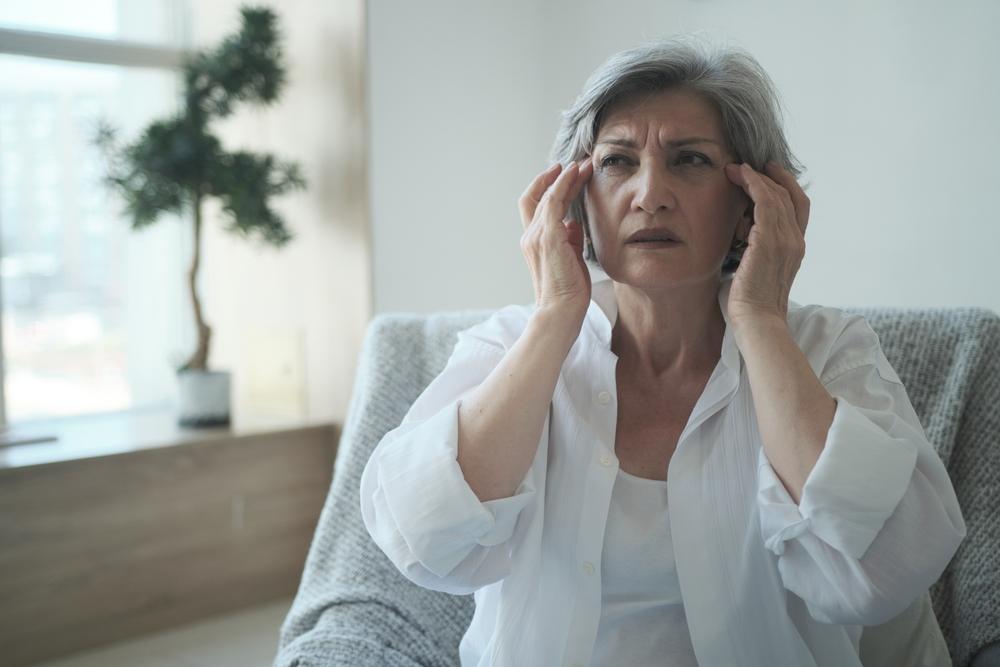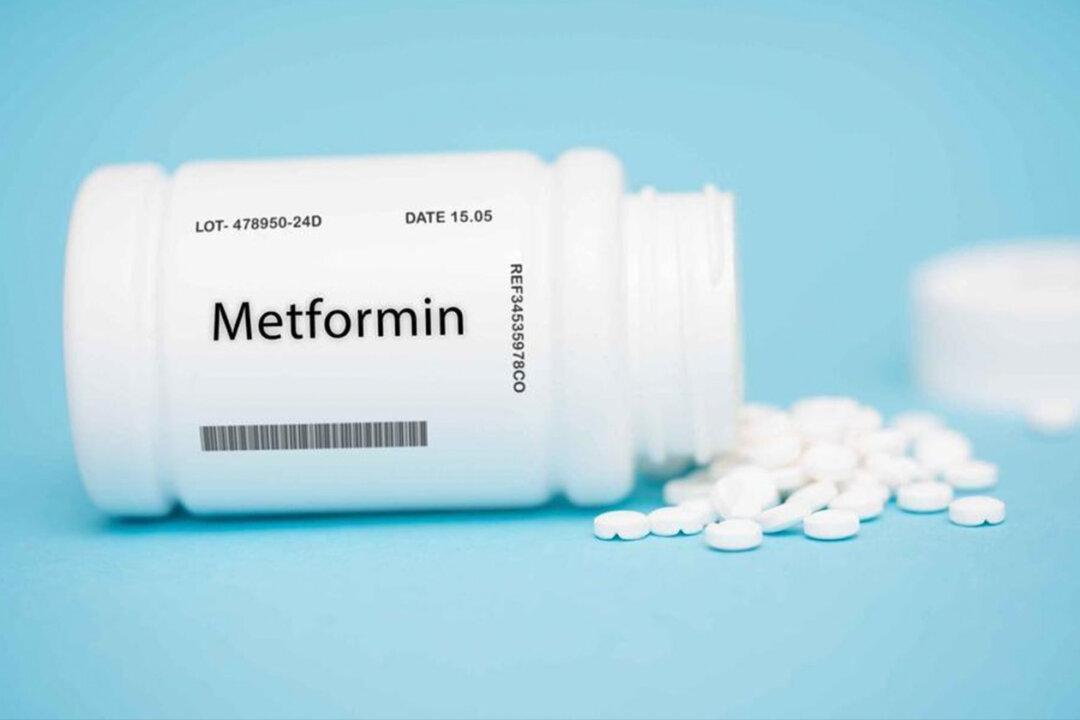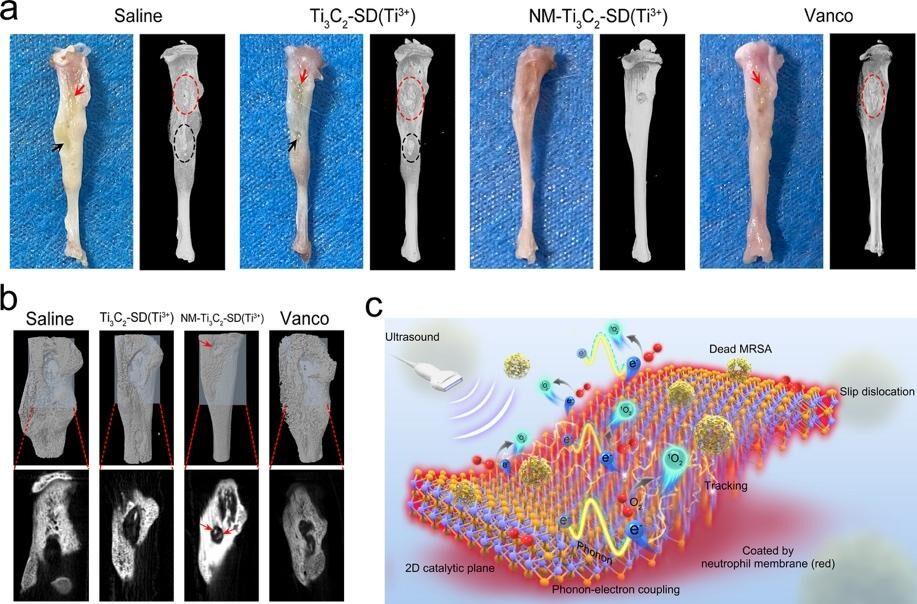Patients with psoriasis have a significantly increased risk of developing colorectal cancer, according to a new study from Taiwan.
Psoriasis is a genetic disease caused by environmental factors, scientists believe. Common symptoms include a reddish, scaly rash, with itching and flaking skin. It is not contagious. Psoriasis is caused by the autoimmune system attacking skin cells, and it cannot yet be completely cured.





